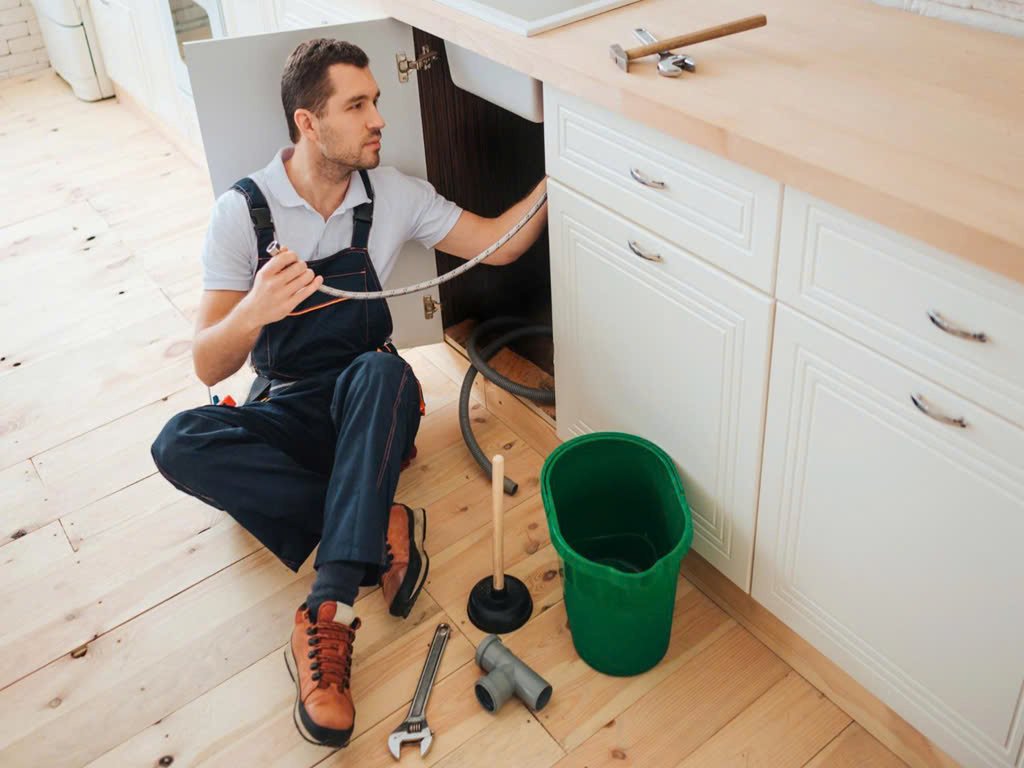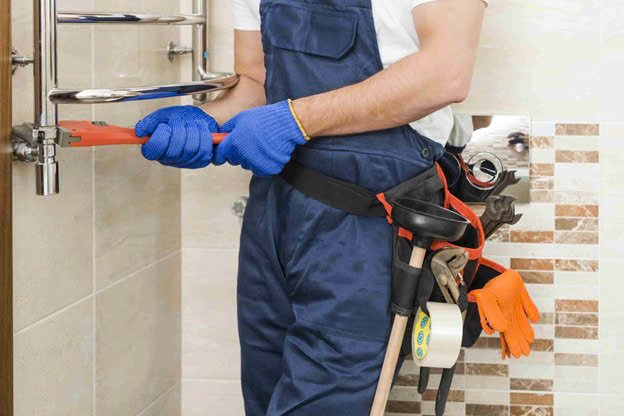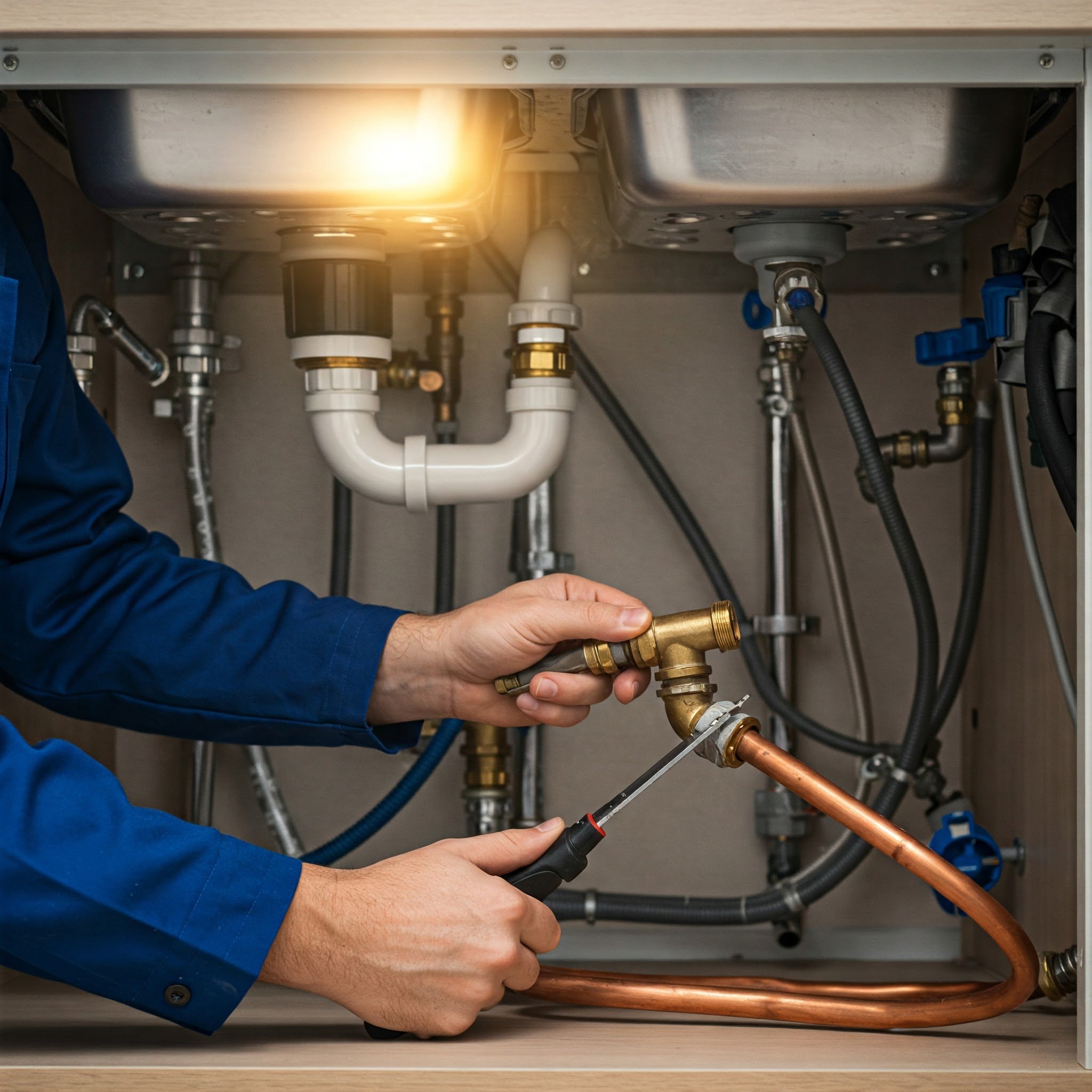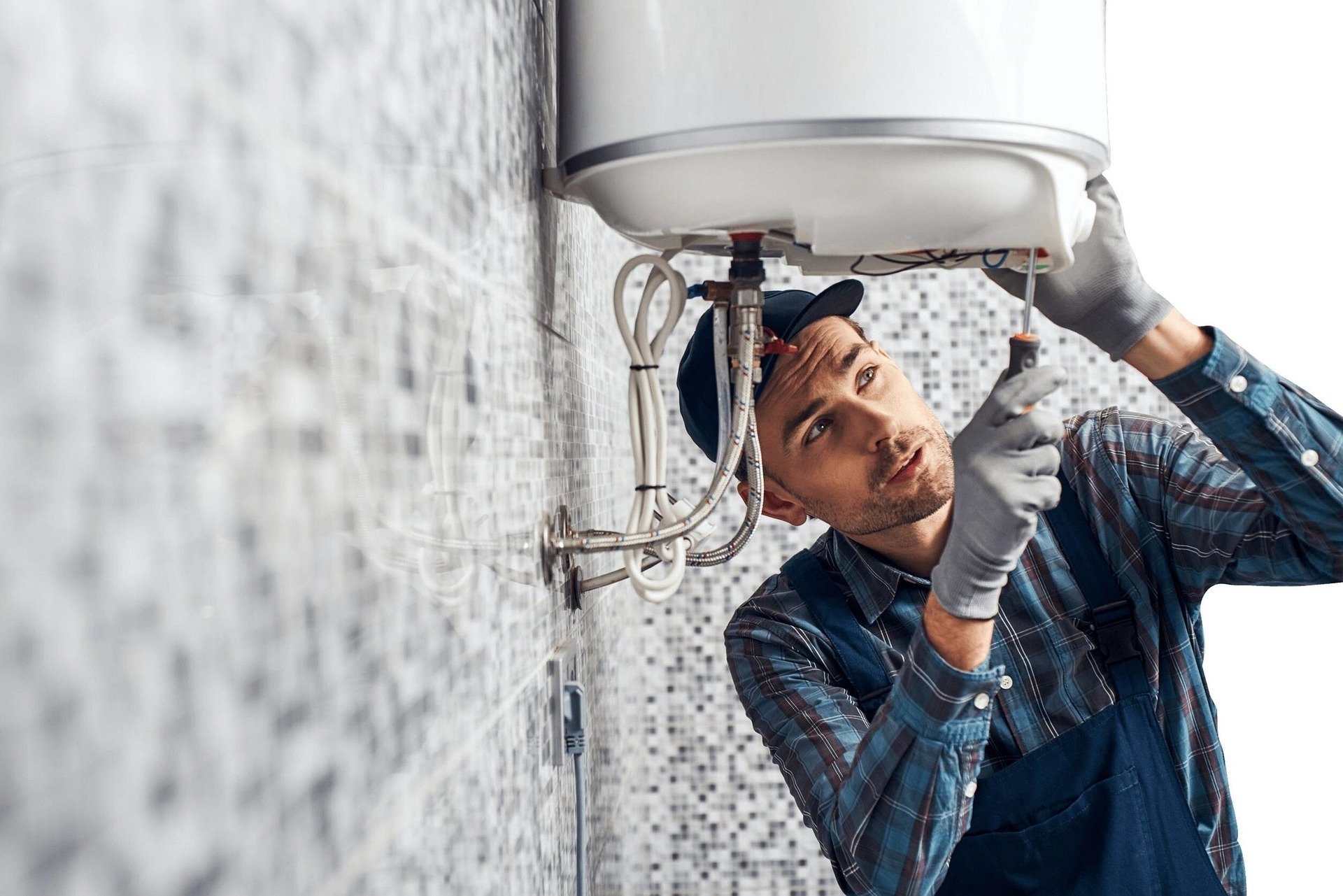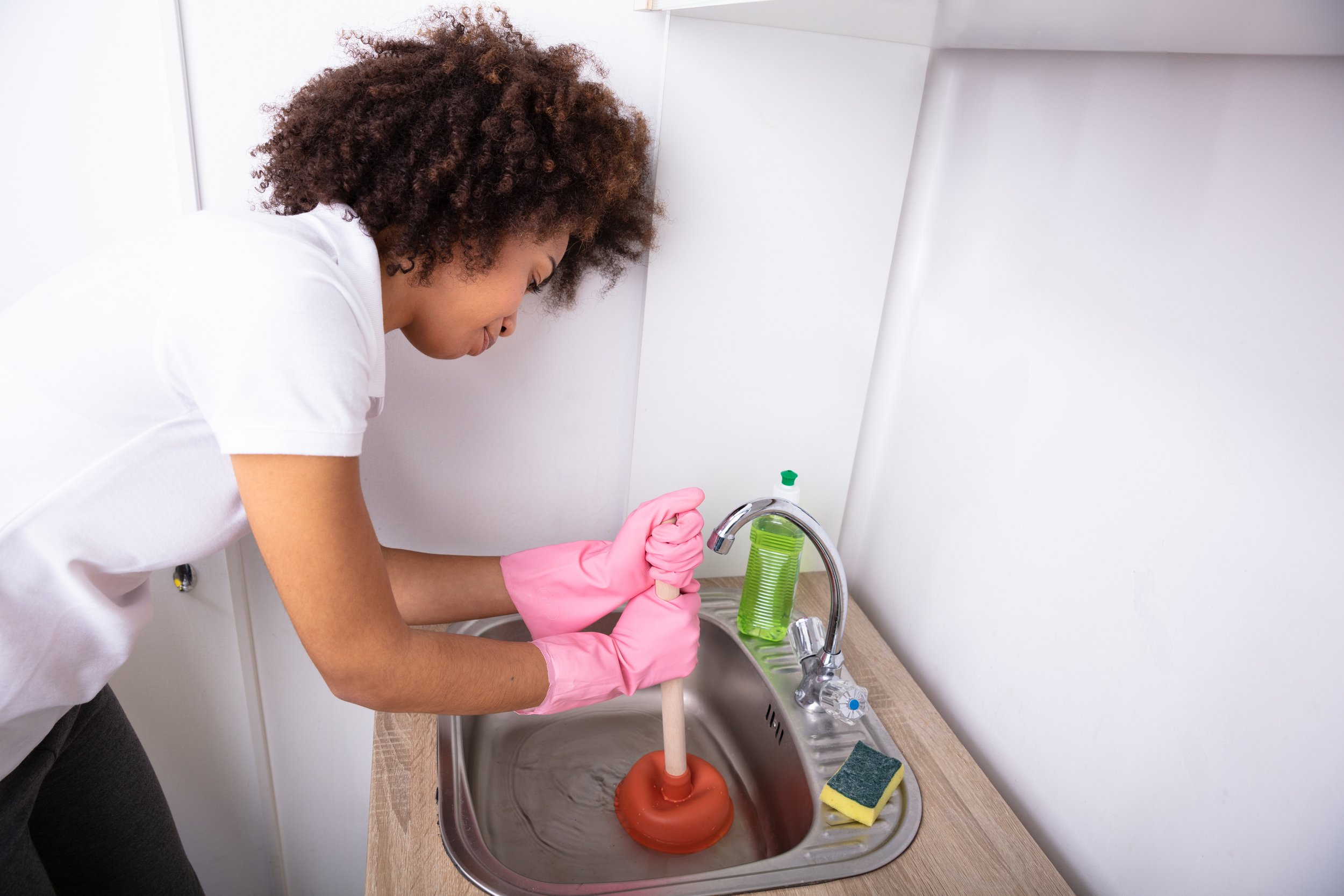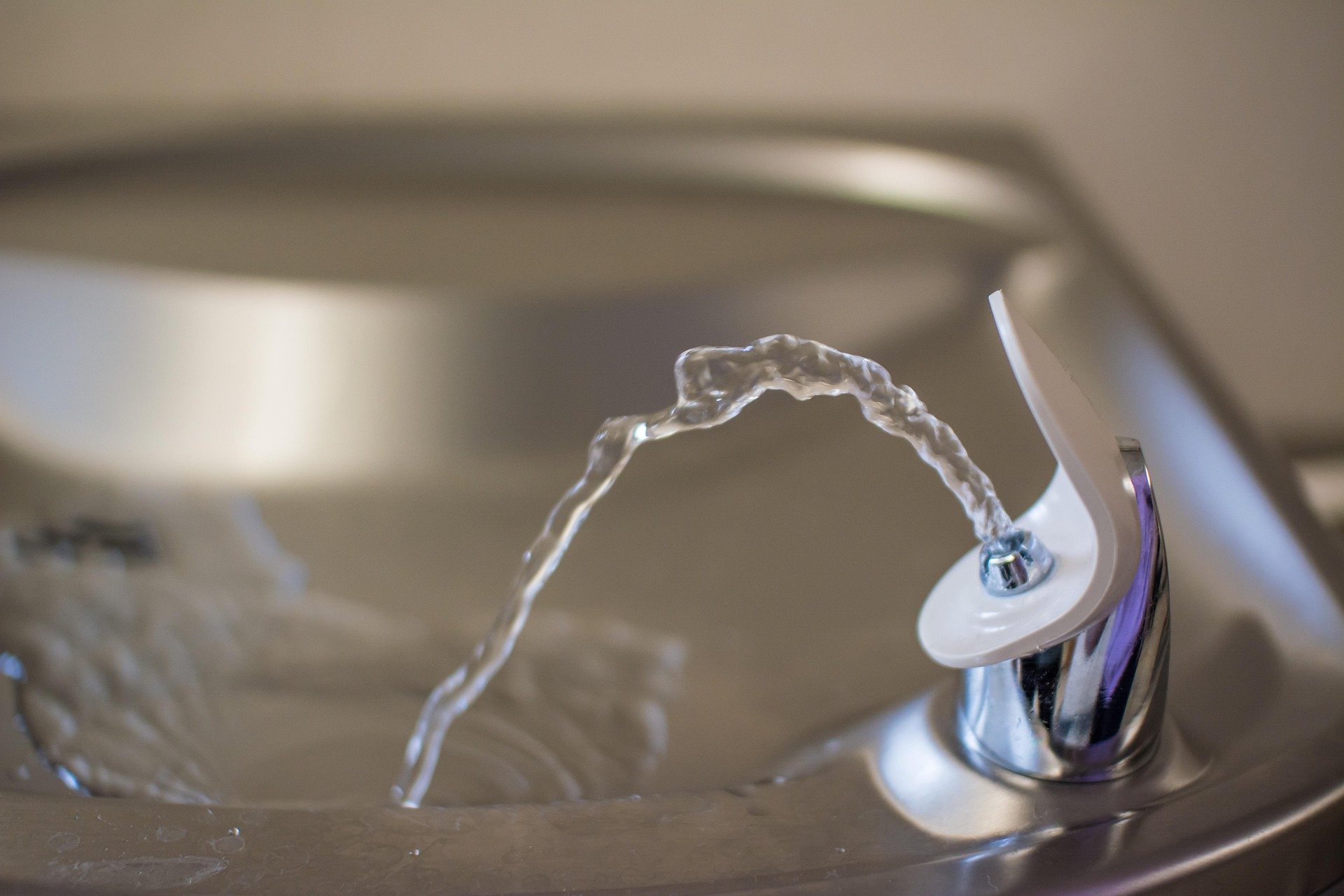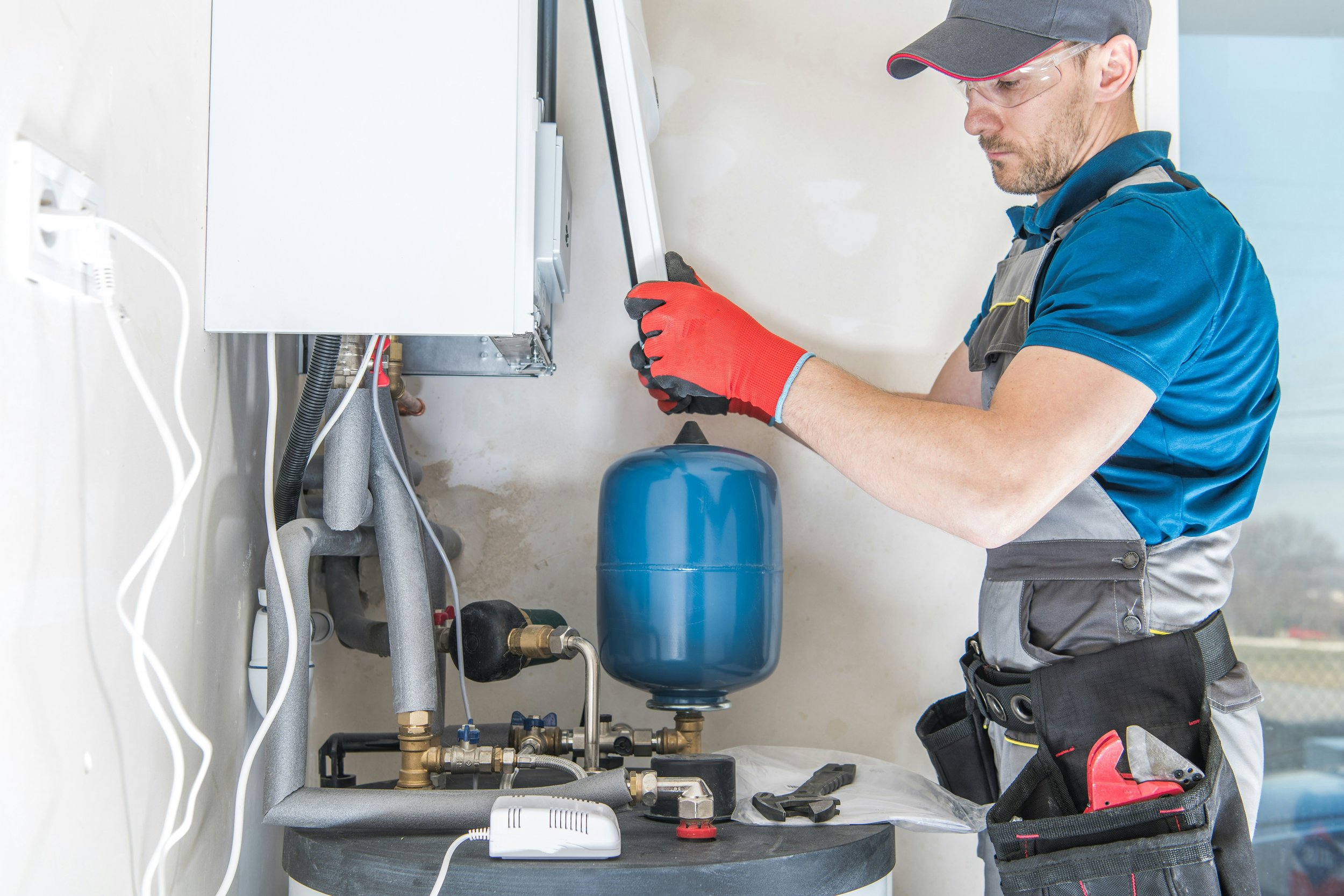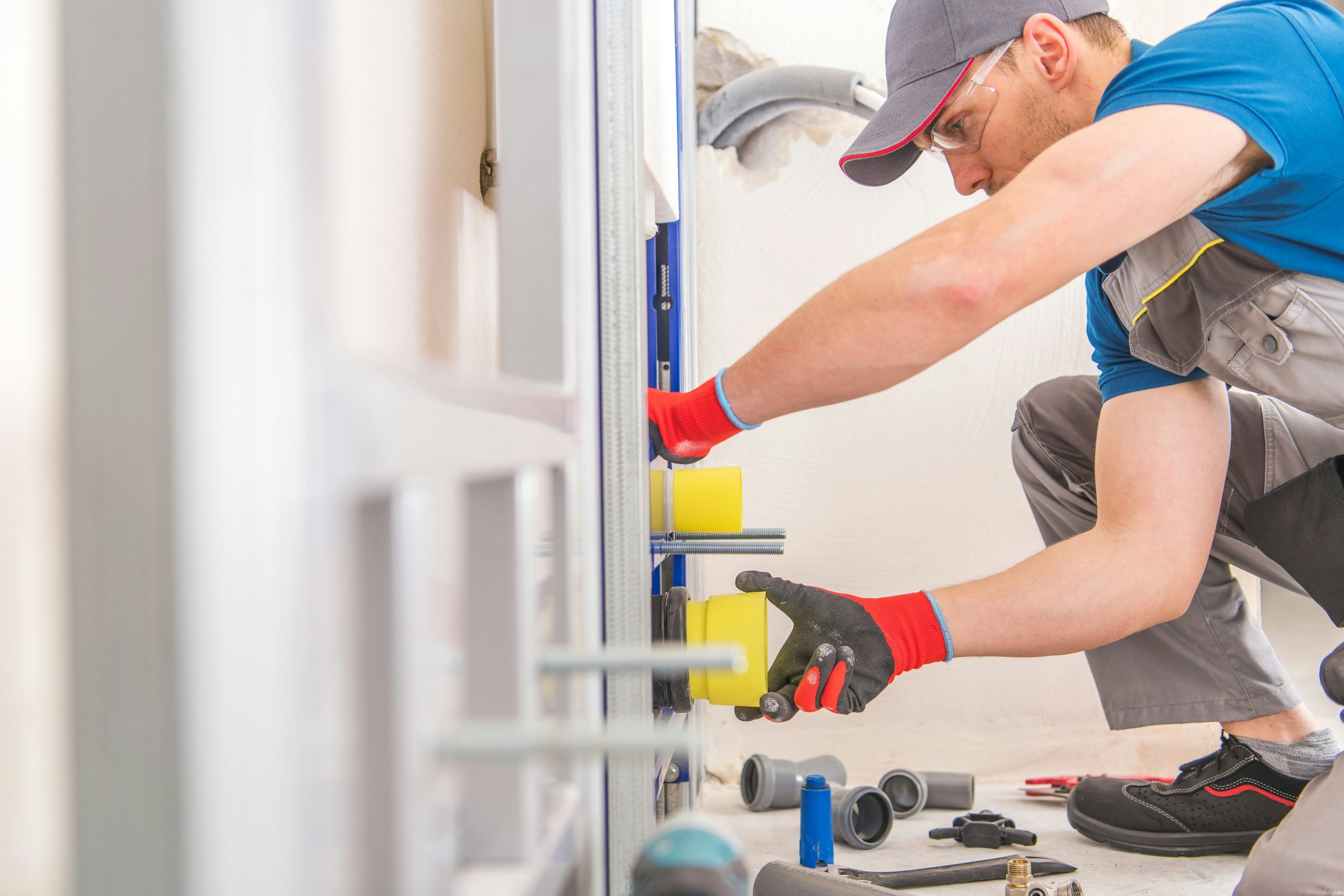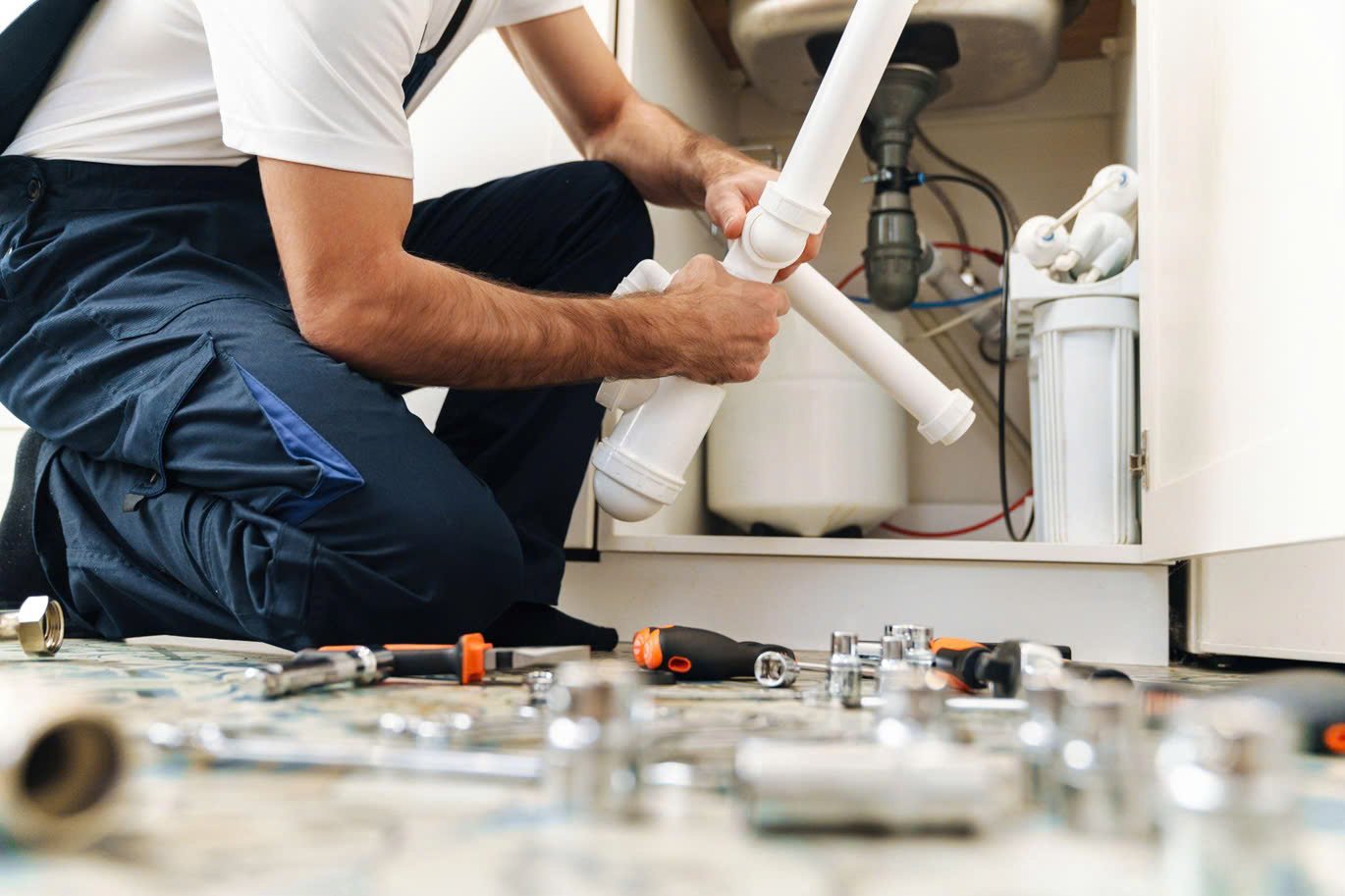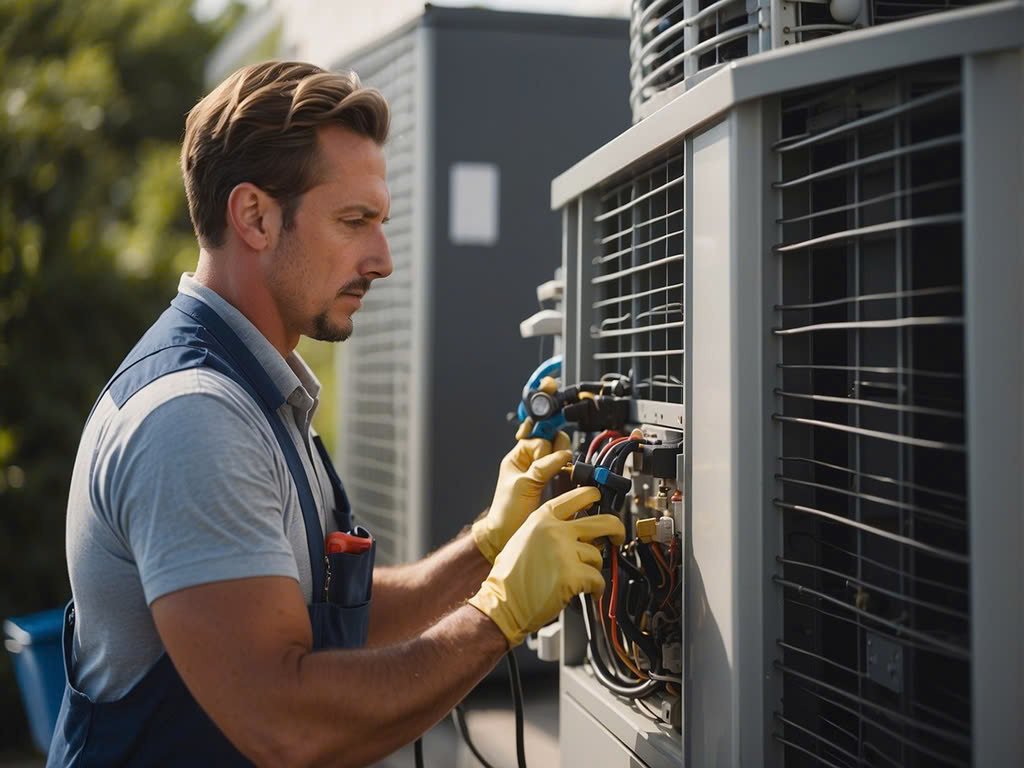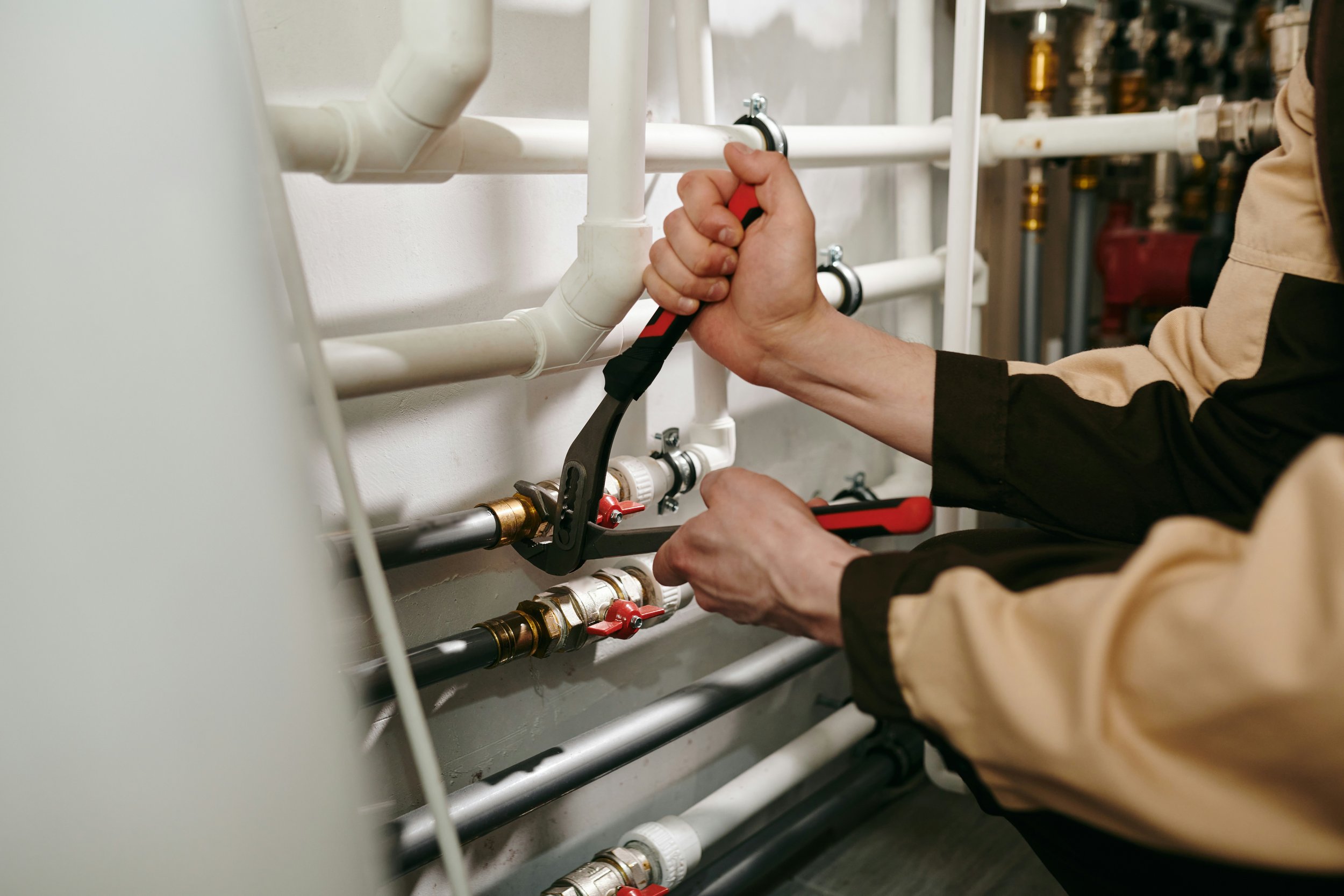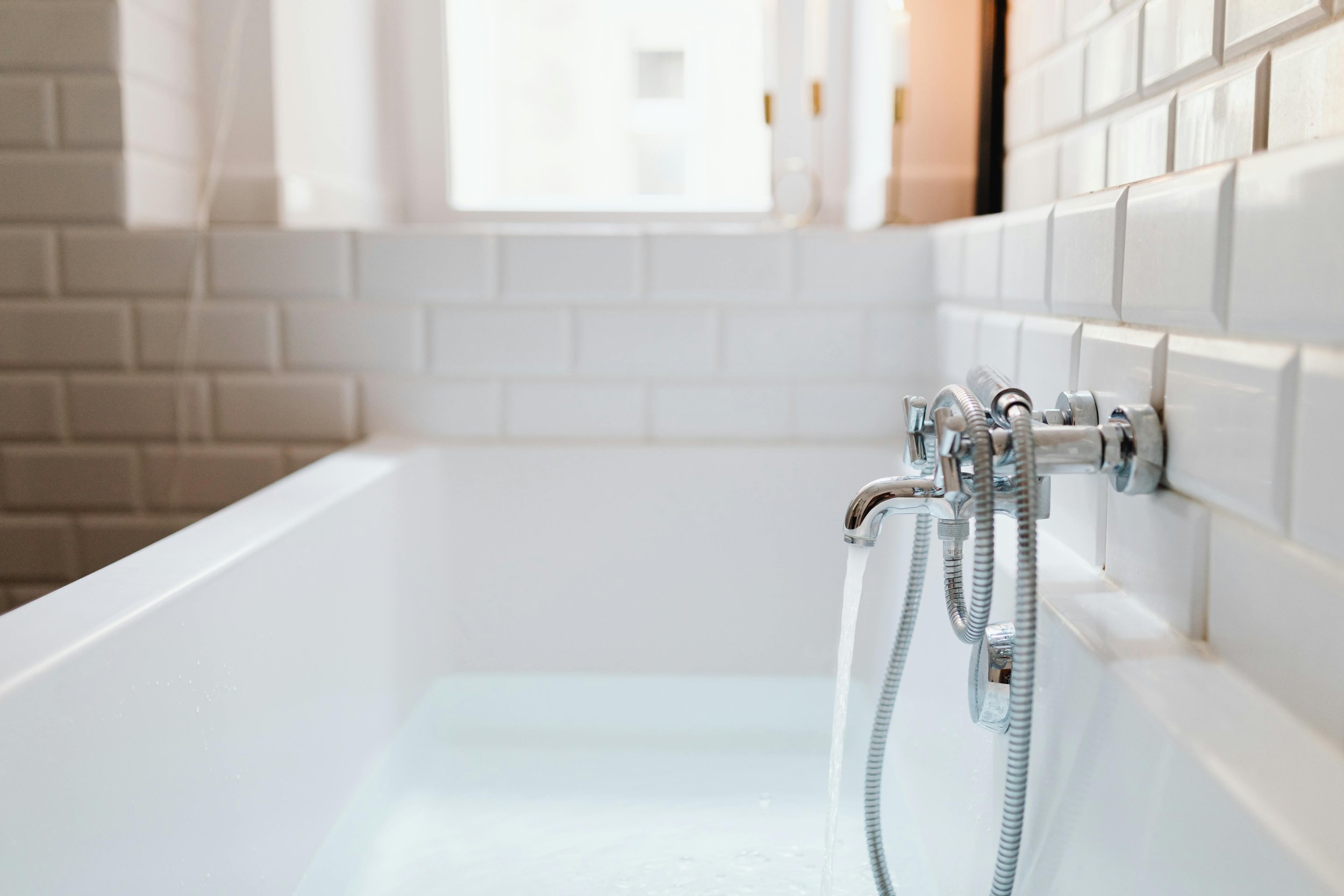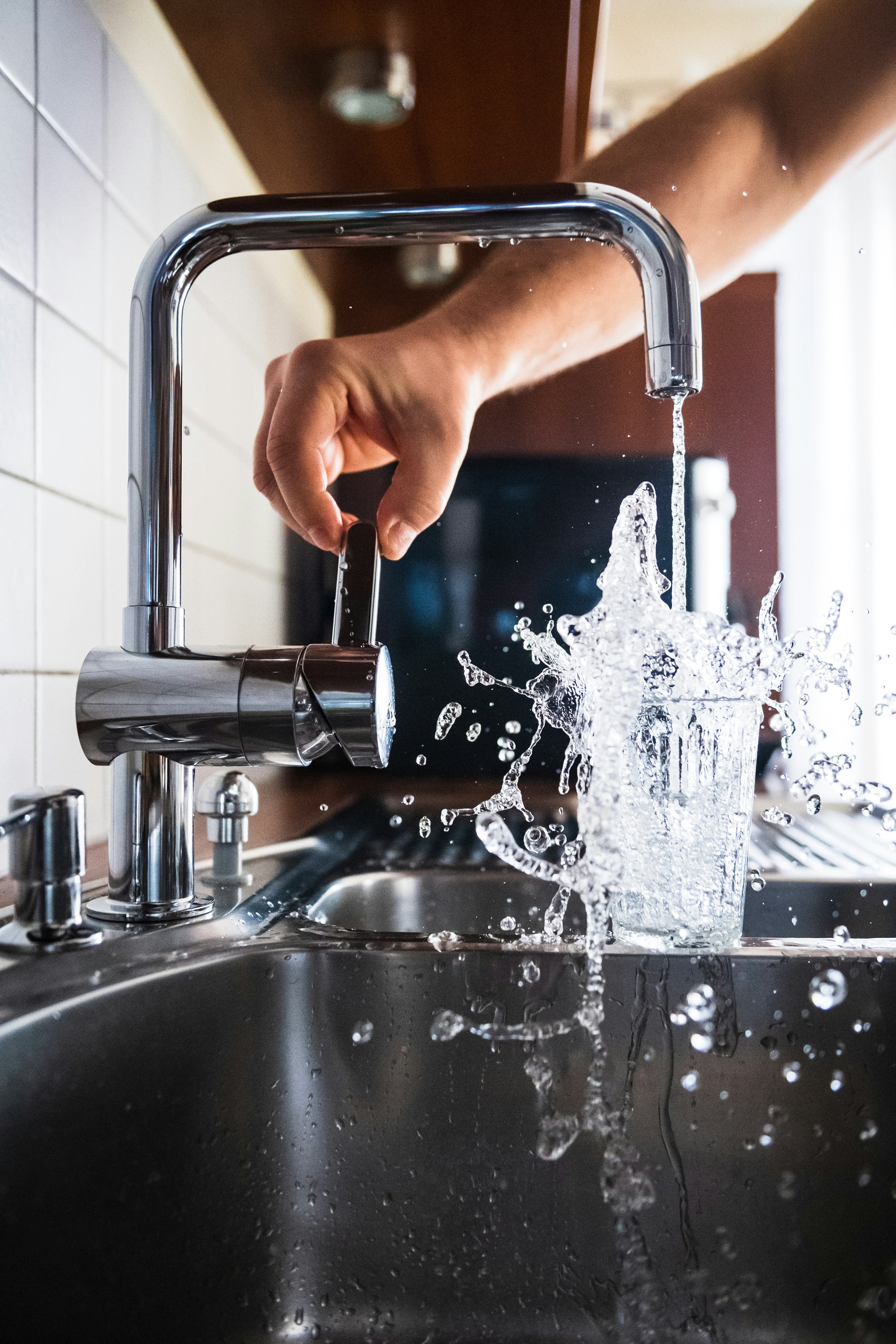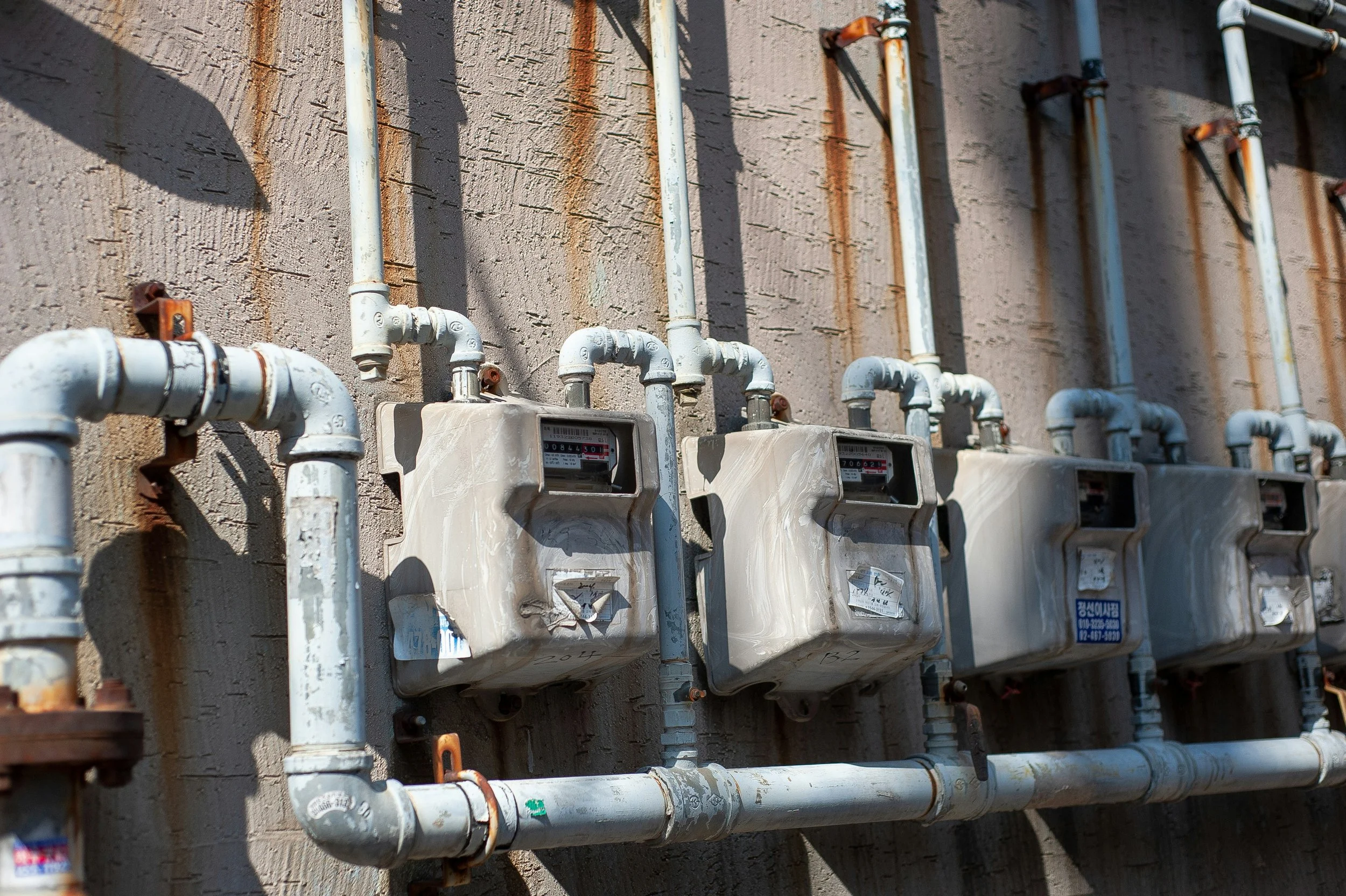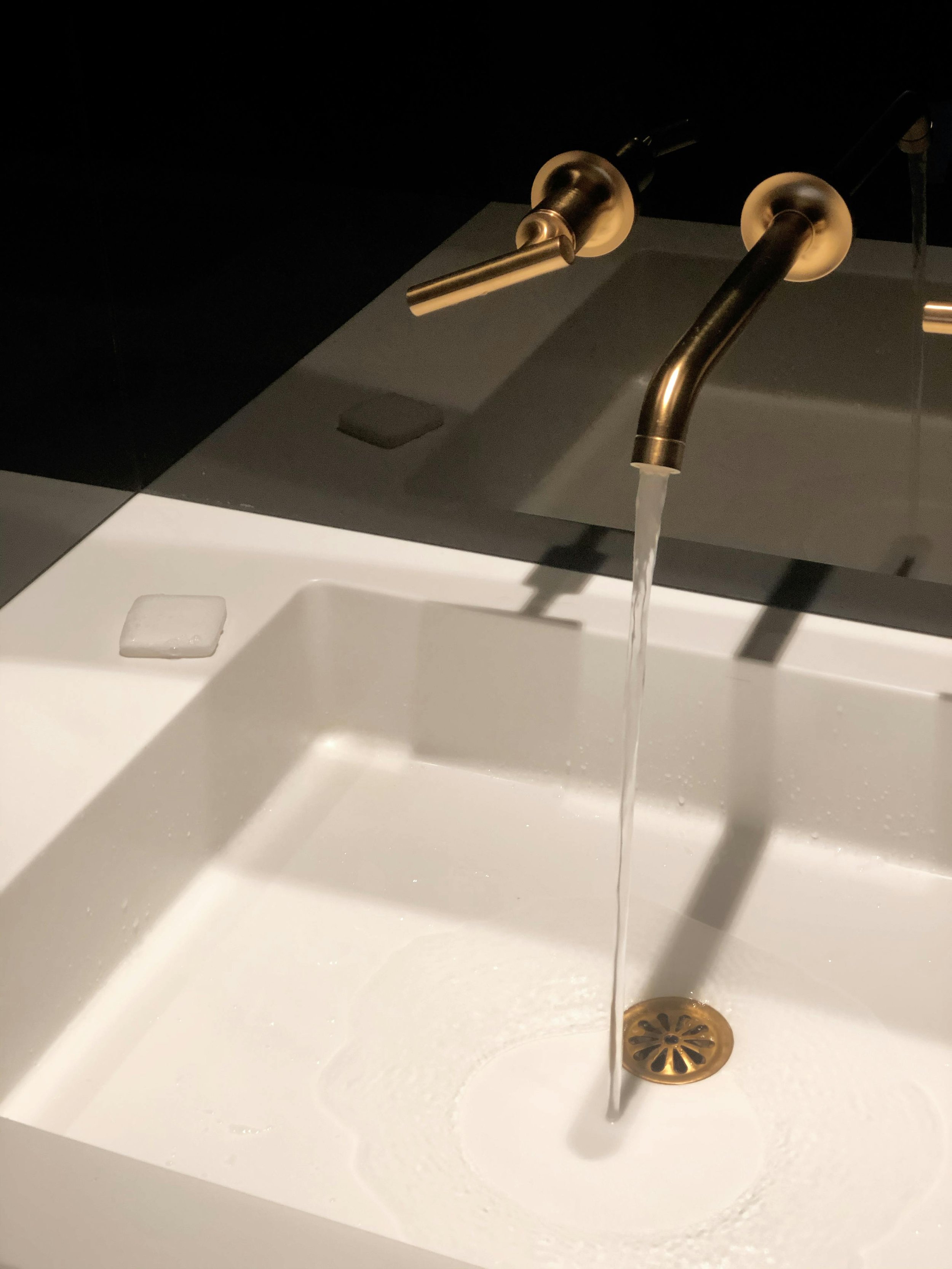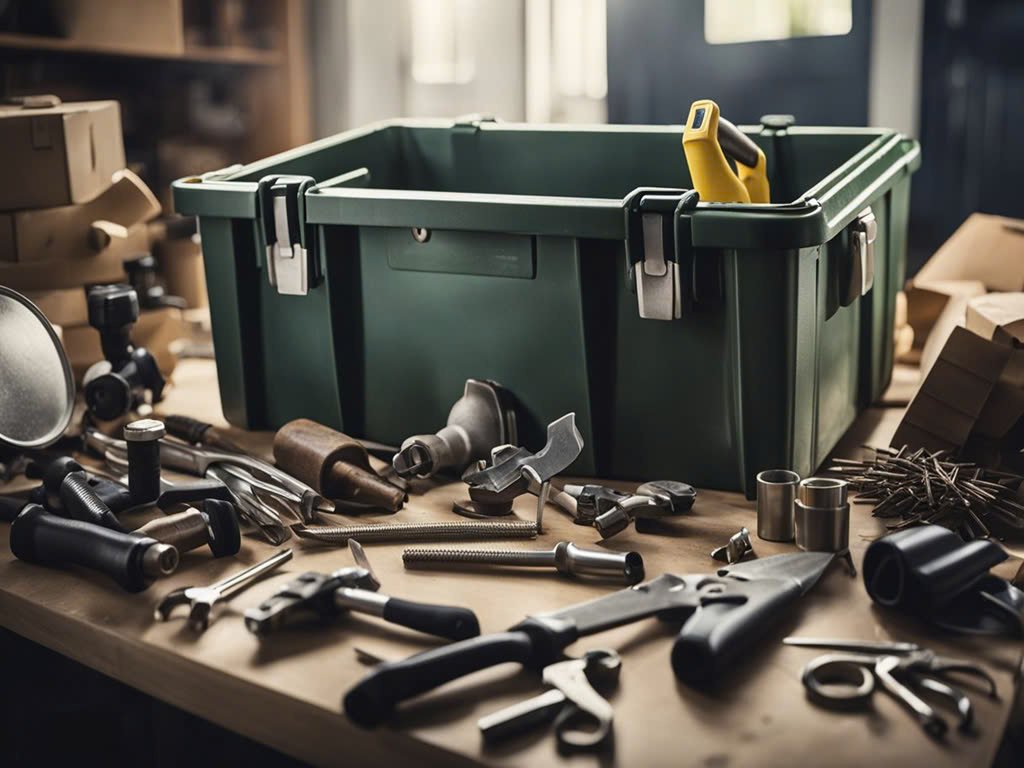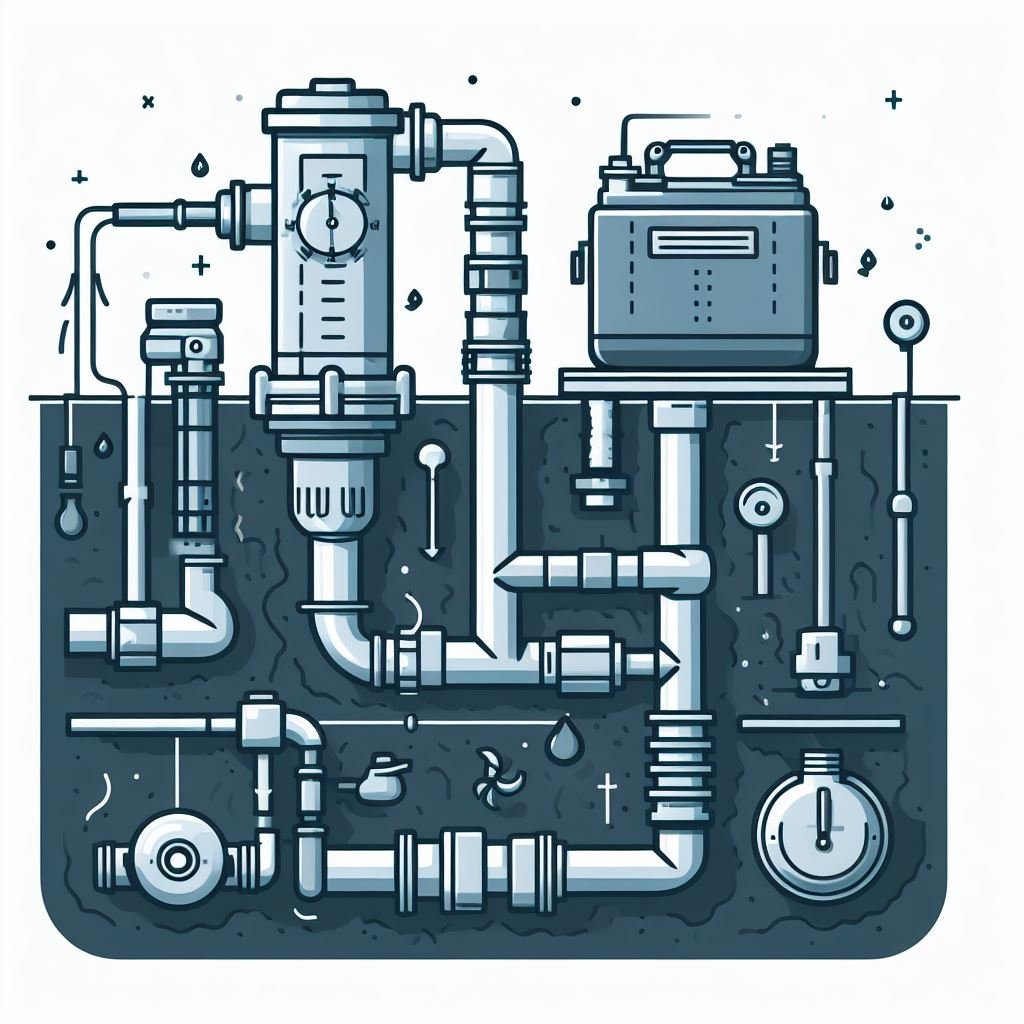Clogs, Leaks & Overpriced Repairs? Here’s How to Stay One Step Ahead
Avoid costly plumbing issues with proactive maintenance tips to prevent clogs, leaks, and overpriced repairs. Stay ahead with smart solutions!
Let’s be honest—home maintenance isn’t exactly the thrilling part of adulthood. No one wakes up excited to deal with a clogged drain, a sneaky leak, or worse—an eye-watering repair bill that makes your bank account cry.
But here’s the thing: a little bit of smart prevention can save you from future headaches, emergency plumber visits, and the dreaded moment when you realize you probably should have fixed that tiny issue… like, yesterday.
So, before you find yourself ankle-deep in water and dialing a repair service with fingers crossed that they don’t charge extra for “urgency,” here’s how to stay ahead of the game.
The Silent Killers: Tiny Leaks That Turn Into Financial Nightmares
Leaks are like bad relationships—you ignore the warning signs, and before you know it, everything’s falling apart. That slow-dripping faucet? It’s not just annoying; it’s quietly racking up your water bill. And that damp patch on your ceiling? It’s basically screaming, “Fix me before I become a full-blown disaster.”
Stay Ahead With These Leak-Proof Moves:
Check under your sinks
Give them a once-over every month—because finding a tiny drip now is way better than discovering your kitchen cabinet has turned into a swamp.
Inspect your ceilings and walls
Water stains = trouble. If you spot one, don’t ignore it. Investigate before it becomes a bigger issue (or worse, mold).
Monitor your water meter
To detect hidden leaks, ensure all water fixtures are turned off, then observe your water meter. If the meter continues to move, this indicates a leak. Regularly inspecting your plumbing system can help identify and address such issues promptly.
The Dreaded Drain Clog: Why Your Sink Hates You
Blocked drains are like the villains of homeownership. One minute, everything’s flowing fine, and the next, your sink is gurgling like it’s possessed. But here’s a secret: most clogs happen because we’re a little too casual about what goes down the drain.
Clog Prevention 101:
Stop pouring grease down the sink. Yes, it’s a liquid when it’s hot. No, it won’t stay that way. It hardens, sticks to your pipes, and invites clogs like an open bar invites guests. Pouring grease down the sink can lead to hardened deposits that cause blockages in your pipes. Instead, dispose of grease in a heat-resistant container and discard it in the trash once cooled to ensure proposal disposal of waste.
Hair in the shower drain? Not cute. Get a drain cover—it’s way cheaper than calling a plumber to deal with the hairball from hell.
Flush wisely. The only things that belong in your toilet are toilet paper and… well, you know. “Flushable” wipes? Lies. They’re sewer system saboteurs.
Overpriced Repairs? Not On Your Watch.
Ever had a repair person hit you with a quote so high you momentarily considered just selling your house instead? Yeah, same. But you don’t have to be at the mercy of overpriced fixes.
How to Keep Repair Costs in Check:
Get multiple quotes. Just because one plumber says it’s a $500 job doesn’t mean it is. Shop around before committing.
Learn basic DIY. No one’s saying you need to become a professional, but knowing how to tighten a leaky faucet or unclog a drain could save you a small fortune.
Routine maintenance is your best friend. A quick annual check-up on your plumbing system can prevent costly surprises. Think of it like a spa day for your home—small investment, big payoff. If you want to avoid emergency breakdowns, get your equipment checked by professionals like Apple Plumbing, Heating & Air. A little preventative care now can save you from a wallet-draining disaster later.
A Smarter, Stress-Free Home
You don’t have to be a plumbing expert to keep your home running smoothly—you just need to be proactive. Regular checks, a little common sense, and some quick fixes can save you from major disasters (and equally major bills). Stay one step ahead, and your home—and wallet—will thank you.
Now go check that faucet before it turns into next month’s financial regret.
